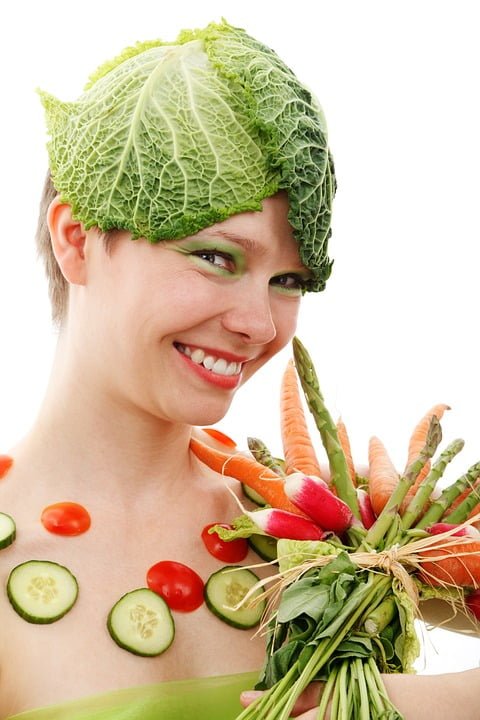
[ad_1]
“`html
Flavoring with Herbs: Enhancing Your Culinary Experience
Introduction
Flavoring with herbs is an art that has been perfected over centuries. Whether you are a seasoned chef or an enthusiastic home cook, using herbs to enhance the flavor of your dishes can take your culinary expertise to the next level. The gentle fragrance and fresh taste of herbs can transform even the most basic of meals into a culinary masterpiece. In this article, we will explore the wonderful world of flavoring with herbs, sharing tips, tricks, and insights to help you elevate your cooking game.
The Magic of Flavoring with Herbs
Flavoring with herbs is a versatile and dynamic way to add depth and complexity to your dishes. Herbs not only impart distinctive flavors but also contribute to the visual appeal of your food. Their vibrant colors and delicate shapes can elevate the presentation of any dish, making it more inviting and appetizing. Whether used fresh or dried, herbs hold the power to transform the ordinary into the extraordinary.
Choosing the Right Herbs
When it comes to flavoring with herbs, choosing the right herbs is crucial. Different herbs complement different types of dishes, and understanding their flavor profiles is essential. For example, robust herbs such as rosemary and thyme are perfect for hearty, savory dishes like roasted meats, while delicate herbs such as basil and cilantro shine in fresh salads and light pasta dishes.
Pairing Herbs with Ingredients
Pairing herbs with ingredients is a delicate balancing act that requires careful consideration. Understanding which herbs pair well with specific ingredients can elevate the overall flavor profile of your dishes. For example, pairing rosemary with roasted potatoes can create a harmonious blend of flavors, while adding a sprig of mint to a fruit salad can bring a refreshing twist to the dish.
Benefits of Flavoring with Herbs
Aside from their incredible flavors, flavoring with herbs also offers a range of health benefits. Many herbs are packed with essential nutrients, antioxidants, and anti-inflammatory properties, making them a valuable addition to any diet. By incorporating herbs into your cooking, you can boost the nutritional value of your meals while adding a burst of fresh, natural flavor.
Cooking Tips for Flavoring with Herbs
When it comes to cooking with herbs, there are a few key tips to keep in mind. For example, adding fresh herbs towards the end of the cooking process can help preserve their vibrant flavors, while dried herbs are best added earlier to allow their flavors to infuse with the dish. Additionally, experimenting with different herb combinations can lead to exciting and unexpected flavor profiles.
Flavoring with Herbs
Flavoring with herbs requires a delicate touch and a keen palate. Whether you are using classic herbs like parsley, sage, and thyme, or exploring more exotic options such as lemongrass and tarragon, the possibilities are endless. By experimenting with flavor combinations and harnessing the power of herbs, you can take your cooking to new heights.
Frequently Asked Questions
Q: What are the best herbs for flavoring meat dishes?
A: Rosemary, thyme, and oregano are excellent choices for flavoring meat dishes, adding depth and aroma to your favorite cuts of meat.
Q: Can I substitute dried herbs for fresh herbs in a recipe?
A: Yes, you can substitute dried herbs for fresh herbs, but it’s important to adjust the quantities as dried herbs are more concentrated in flavor.
Q: How should I store fresh herbs to keep them fresh longer?
A: To prolong the freshness of fresh herbs, store them in a jar of water in the refrigerator, similar to a bouquet of flowers.
Q: Are there any herbs that pair well with desserts?
A: Yes, herbs such as mint, lavender, and basil can add a unique and refreshing twist to desserts like fruit salads, sorbets, and chocolate dishes.
Q: What are some creative ways to use herbs in cooking?
A: Apart from using herbs in marinades and dressings, you can also infuse herbs into oils, vinegars, and syrups to create unique flavor accents for your dishes.
Q: Is it possible to grow my own herbs at home?
A: Yes, many herbs thrive in home gardens or indoor pots, allowing you to have a fresh supply of herbs right at your fingertips.
Conclusion
Flavoring with herbs is a delightful and rewarding journey that can bring new dimensions to your culinary creations. By understanding the nuances of different herbs, experimenting with flavor combinations, and leveraging the health benefits they offer, you can elevate your cooking to a whole new level. Embrace the magic of herbs and let them transform your dishes into works of art.
“`
[ad_2]